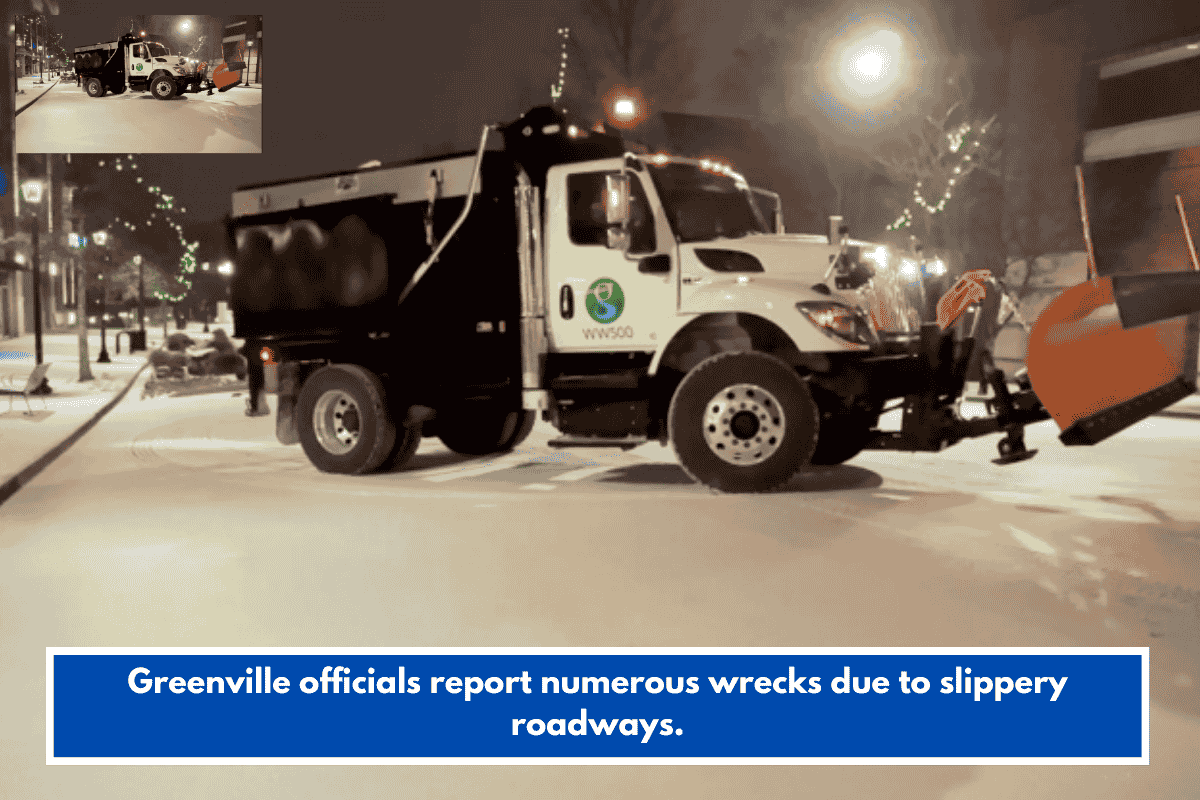Sleeping in your car can be a convenient and sometimes necessary option for many, whether you’re on a road trip, need a quick rest during a long drive, or find yourself in an emergency situation. However, Rhode Island, like many states, has specific rules and regulations regarding sleeping in your car. Understanding these laws can help you avoid fines or legal issues if you ever find yourself needing to sleep in your vehicle.
Is It Legal to Sleep in Your Car in Rhode Island?
In general, there is no law in Rhode Island that specifically prohibits sleeping in your car. However, certain circumstances can make it illegal or problematic depending on where you park and how long you stay there.
Parking Regulations and Restrictions
While sleeping in your car may not be outright illegal, you must park your vehicle legally. Here are some key points to remember:
Public Spaces: In Rhode Island, parking laws apply in public spaces. If you’re parked illegally (such as in a no parking zone, blocking traffic, or in a spot where overnight parking is not allowed), you may face fines or your car could be towed, even if you’re just sleeping in the car temporarily.
Private Property: If you park your car on private property, such as a shopping center, gas station, or residential area, the property owner has the right to ask you to leave. If you don’t comply, you may be subject to trespassing laws.
Rest Areas and Designated Areas: Some rest areas, especially along highways or interstates, may allow drivers to sleep in their cars. However, not all rest areas permit overnight parking, so it’s important to check for signage. Rhode Island Department of Transportation or specific local municipalities may regulate whether parking and sleeping overnight are allowed.
Local Ordinances
While there is no statewide law explicitly banning sleeping in a car, some cities or towns in Rhode Island may have local ordinances that restrict or regulate overnight parking. Some common restrictions include:
Time limits: Some areas may only allow parking for a set period of time (e.g., only for a few hours).
Zoning regulations: Certain areas, especially residential zones, may have rules prohibiting overnight parking.
Public Health and Safety Concerns: Some towns may have laws regarding loitering or vagrancy that could be used to prevent people from sleeping in their vehicles, especially if it’s seen as a public disturbance.
Safety and Health Considerations
While sleeping in your car is technically allowed in certain circumstances, it’s essential to be mindful of the safety risks associated with it. Here are some tips:
Ventilation: Always leave a small window open to allow proper airflow. This is particularly important in warm weather to prevent heatstroke, and in cold weather to avoid carbon monoxide buildup, especially if your engine or heater is running.
Safety: Park in a well-lit, safe area, away from busy roads or potential criminal activity. Rest stops or areas with security cameras are often the safest places for car sleeping.
Comfort: Sleeping in your car for extended periods can be uncomfortable and potentially damaging to your health. If you find yourself needing to sleep in your car regularly, consider exploring other options, such as finding safe, affordable accommodations.
When Could Sleeping in Your Car Lead to Legal Trouble?
In some situations, sleeping in your car could lead to legal issues, including:
Public Intoxication: If you’re found sleeping in your car while intoxicated or under the influence of drugs, you could face public intoxication charges or DUI charges if the authorities believe you were operating the vehicle while impaired.
Homelessness Concerns: If local authorities believe you are using your car as a long-term residence or are loitering in a public space without a legitimate reason, they may enforce local ordinances regarding homelessness or vagrancy.
Blocking Traffic or Dangerous Parking: If your car is parked in a location where it obstructs traffic, blocks entrances, or is parked illegally, you could be ticketed or towed.
Alternatives to Sleeping in Your Car
If you need to rest during a long trip or are in an emergency situation, consider these alternatives:
Campgrounds: Many campgrounds allow you to park your car overnight, often for a small fee, and can provide better safety and comfort.
Hotels or Motels: For a more comfortable rest, consider staying in a nearby hotel or motel, even if it’s just for a few hours.
Rest Stops: Some rest stops allow overnight parking, so check if the location permits overnight stays before you park.
In Rhode Island, sleeping in your car is not illegal, but you must be aware of local regulations, parking laws, and safety concerns. Ensure that you park in a legally designated area, check for local ordinances, and be mindful of your personal safety. If you find yourself in a situation where you must sleep in your car, always choose a well-lit and secure spot, and make sure you’re following all applicable parking rules.
SOURCES
[1] https://www.providenceri.gov/public-works/instructions-overnight-parking/
[2] https://www.providenceri.gov/public-works/overnight-residential-parking-program/
[3] https://web.uri.edu/wp-content/uploads/sites/834/BOG-Parking-Regulations.pdf
[4] https://rules.sos.ri.gov/regulations/part/250-100-00-8
[5] https://pvdeye.org/is-overnight-parking-allowed-on-pvd-streets/














